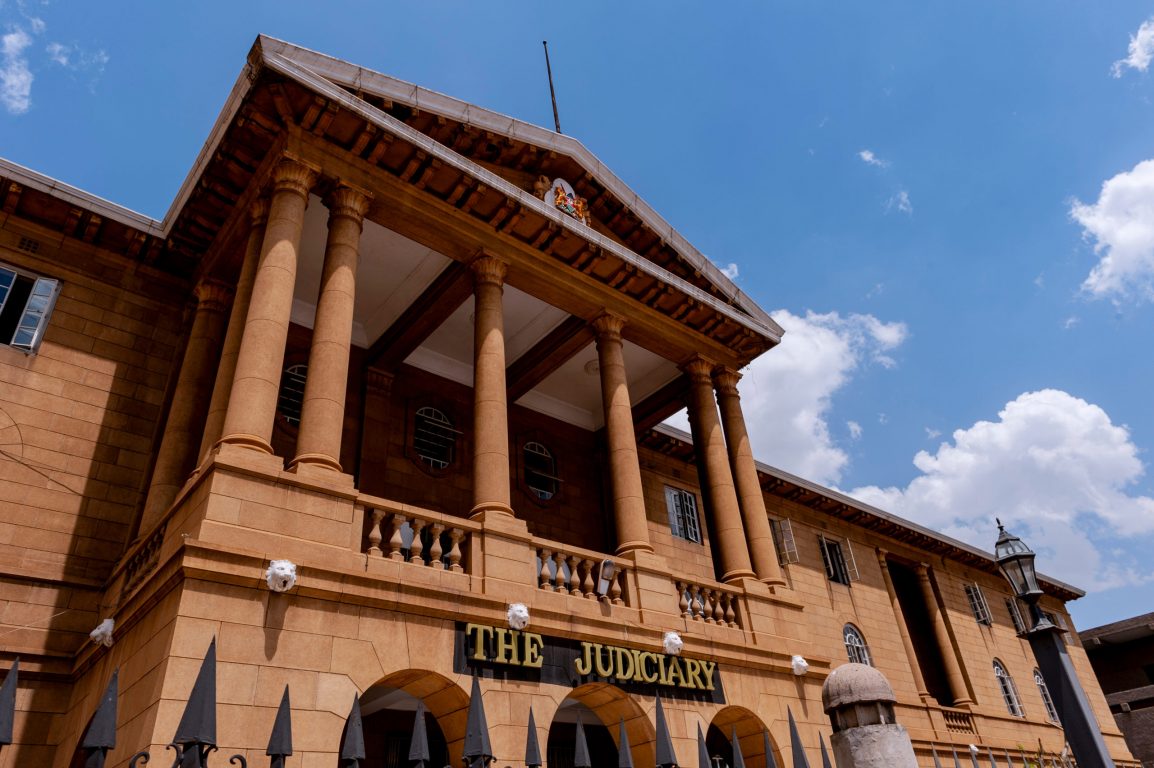DIVISION OF REVENUE IMPASSE: THE SUPREME COURT SPEAKS

Today, the Supreme Court of Kenya issued an advisory opinion on a dispute between the National Assembly and Senate, regarding the Division of Revenue Bill for the Financial Year 2019/2020.
The Division of Revenue Bill for the Financial Year 2019/2020 was not enacted into law, in accordance with the Constitution and the Supreme Court Advisory Reference No. 2 of 2013. Following this, the Council of County Governors and all the 47 County Governments, as Applicants filed a Reference under Certificate of Urgency at the Supreme Court seeking an Advisory Opinion pursuant to Article 163(6) of the Constitution.
Other parties to the request for opinion were the Honourable Attorney General, the Speaker of the National Assembly, the Cabinet Secretary, National Treasury and the Commission on Revenue Allocation. Katiba Institute, Institute For Social Accountability and the Law Society of Kenya were friends of the court (Amicus Curiae).
Problems in parliament
The County Governments initially sought an opinion on 25 issues, which were later reframed and reduced to four, after the intervention of the Supreme Court. The four issues which the Supreme Court delineated for its Advisory Opinion were:
· Whether the recommendation by the Commission on Revenue Allocation, is binding upon both Houses during deliberations concerning the Division of Revenue Bill and the Appropriation Bill;
· What happens when the National Assembly and the Senate fail to agree on a Division of Revenue Bill, triggering an impasse?;
· Whether there should be timelines within which the National Government should release the equitable share of revenue to County Governments;
· Whether the National Assembly can enact an Appropriation Act prior to the enactment of a Division of Revenue Act?
Supreme Court findings
The Supreme Court Justices held that:
· The recommendations of the Commission on Revenue Allocation are not binding on Parliament;
· In the event of an Impasse over the Division of Revenue Bill, the percentage of money to be withdrawn be based on the equitable allocation to counties in the Division of Revenue Act of the preceding Financial year;
· The percentage of money to be withdrawn shall not be more than 50% of the equitable allocation to counties in the Division of Revenue Act of the preceding Financial year;
· Where 50% of the equitable allocation to counties in the Division of Revenue Act of the preceding Financial year exceeds the total equitable share proposed in the Division of Revenue Bill subject to parliamentary impasse, the percentage to be withdrawn from the consolidated fund shall not be less than 15% of all revenue collected by National Government.
· The Supreme Court or any other court for that matter, is not the appropriate forum for setting timelines as to when the National Treasury must transfer the equitable share of revenue to counties; and
· Parliament cannot enact the Appropriation Act before the enactment of the Division of Revenue Act.
Justice Njoki Ndungu did not agree with the majority finding that Parliament cannot enact the Appropriation Act before the enactment of the Division of Revenue Act. She issued a dissenting opinion on this.
One final warning
The Supreme Court reminded parliament that the Advisory Opinion is not a “mere advice or opinion”. It has the same binding effect as a Judgment of the Supreme Court. Failure to comply would amount to contempt.
Progress
The advice from the Supreme Court will help counties to provide services to their residents despite any disagreements on division of revenue between Senate and National Assembly. The clarity provided by the Supreme Court is particularly welcome in this season as health services fall under the functions of County Government.

